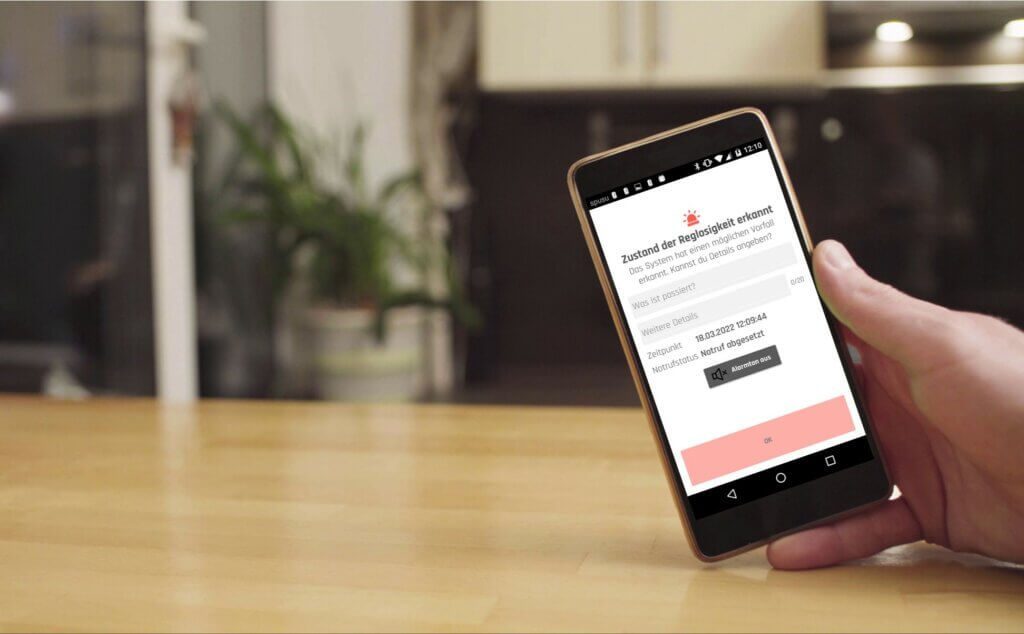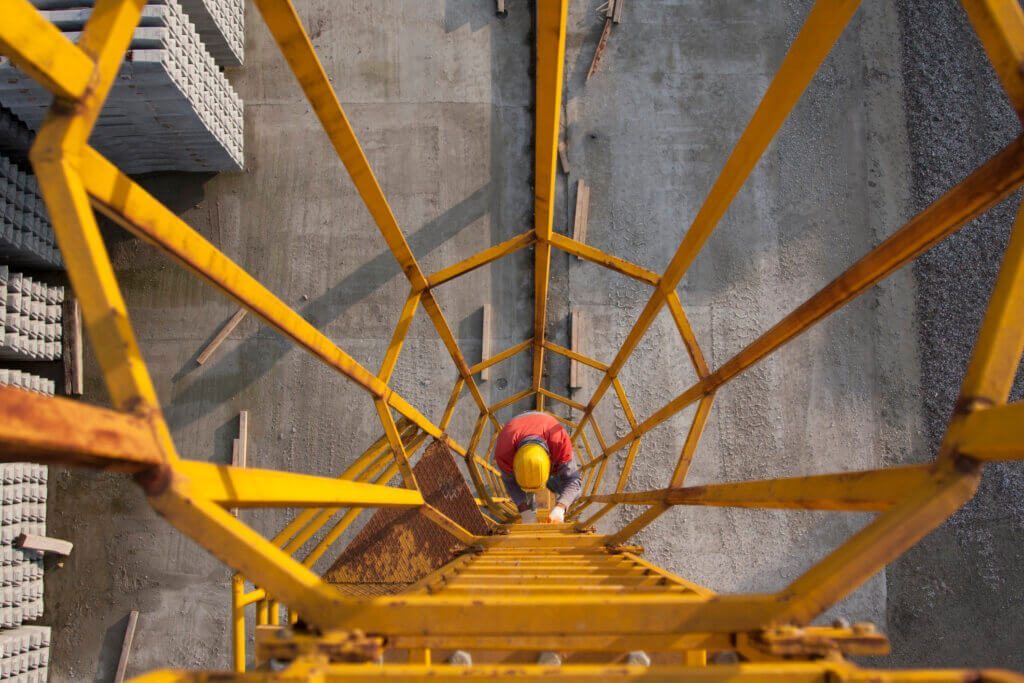Doctor Gräf, as an occupational physician, how would you explain the term “occupational medicine”?
Occupational medicine is a preventive medical discipline. It aims to maintain, promote, and restore the health and performance of working people, involving the body and the psyche.
The aim is to improve health literacy and make employees more aware of their work behavior.
At the same time, however, it is also a question of the conditions provided by the company – the workplace, the work equipment, the working time system, and the working environment factors such as noise or air.
Occupational medicine aims to ensure that people do not become ill due to their employment. And that is up to the employees individually, but above all to the company.
Why do you think it is essential for companies to have good occupational health care?
First of all, there is a duty of care for employees in all companies; the aim is to prevent work-related complaints or illnesses. This is where occupational medicine provides support.
In addition, job seekers are now looking very closely at what they can expect from their future company. Safety and health protection plays a significant role here.
At the moment, companies are making great efforts to find employees. In times of a shortage of skilled workers, offering employees additional incentives, such as childcare in the company, an indoor meal plan, or possibly even a four-day week, is all the more critical.
A canteen, for example, means less time spent on a hot meal, childcare means shorter commutes and thus less stress. We can advise on these issues as well.
It is essential to create healthy working conditions – because the more beneficial the employees, the better the company functions.
And what do you think is the most important thing companies can do for the health of their employees?
Here, “healthy leadership” is an important point. The term has become more critical in recent years – managers need not only professional skills but also good social skills. They must recognize when their employees are not doing well and then look at what needs to be changed to make the working relationship fit again.
A sense of good and fair work distribution also plays a significant role so that people who cannot say no are not overwhelmed with tasks.
In addition, the company must ensure that people are allowed to accept the opportunities that occupational health and safety offers. For example, people should not have the feeling that they are not allowed to go to an occupational physician or occupational psychologist when they are not feeling well.
So, it’s very much up to the managers?
We have to train managers in their duty of care. They must also ensure an excellent working atmosphere, especially now after Corona, when everyone is so stressed.
What trends do you see in occupational medicine for the future?
Occupational medicine has to stay on the ball regarding new technologies; in recent years, for example, this has been nanotechnology.
Precarious working conditions will increasingly occupy us. If someone has three part-time jobs, you have to make sure that person has access to occupational health care somehow, so through AUVA, responsible for companies with fewer than 50 employees.
We have to look at new working time models, especially after Corona. Home office, as well as the general dissolution of limits on working hours, meaning that the separation of work and leisure time is becoming difficult.
In addition, the issue of reintegration into the world of work, for example, after Long Covid, exhaustion, or severe illness, is essential. Part-time reintegration is a great way to get back into the workplace slowly. It has been possible in Austria since 2017 but is not enshrined in law. Both employees and employers must agree to such an arrangement.
Is there anything you can pass on to us as manufacturers of occupational safety products?
There must be good cooperation between the preventive forces of safety technology and occupational medicine, the company, and the manufacturers. Different measures are needed to prevent or reduce hazards. The medical and safety assessment of occupational safety products provides the best possible protection. Therefore, always involve occupational medicine and safety engineering when the company makes inquiries, for the benefit of the health of the employees.






 ANGEL React & ADRESYS
ANGEL React & ADRESYS  ANGEL React & ADRESYS
ANGEL React & ADRESYS  ANGEL React & ADRESYS
ANGEL React & ADRESYS